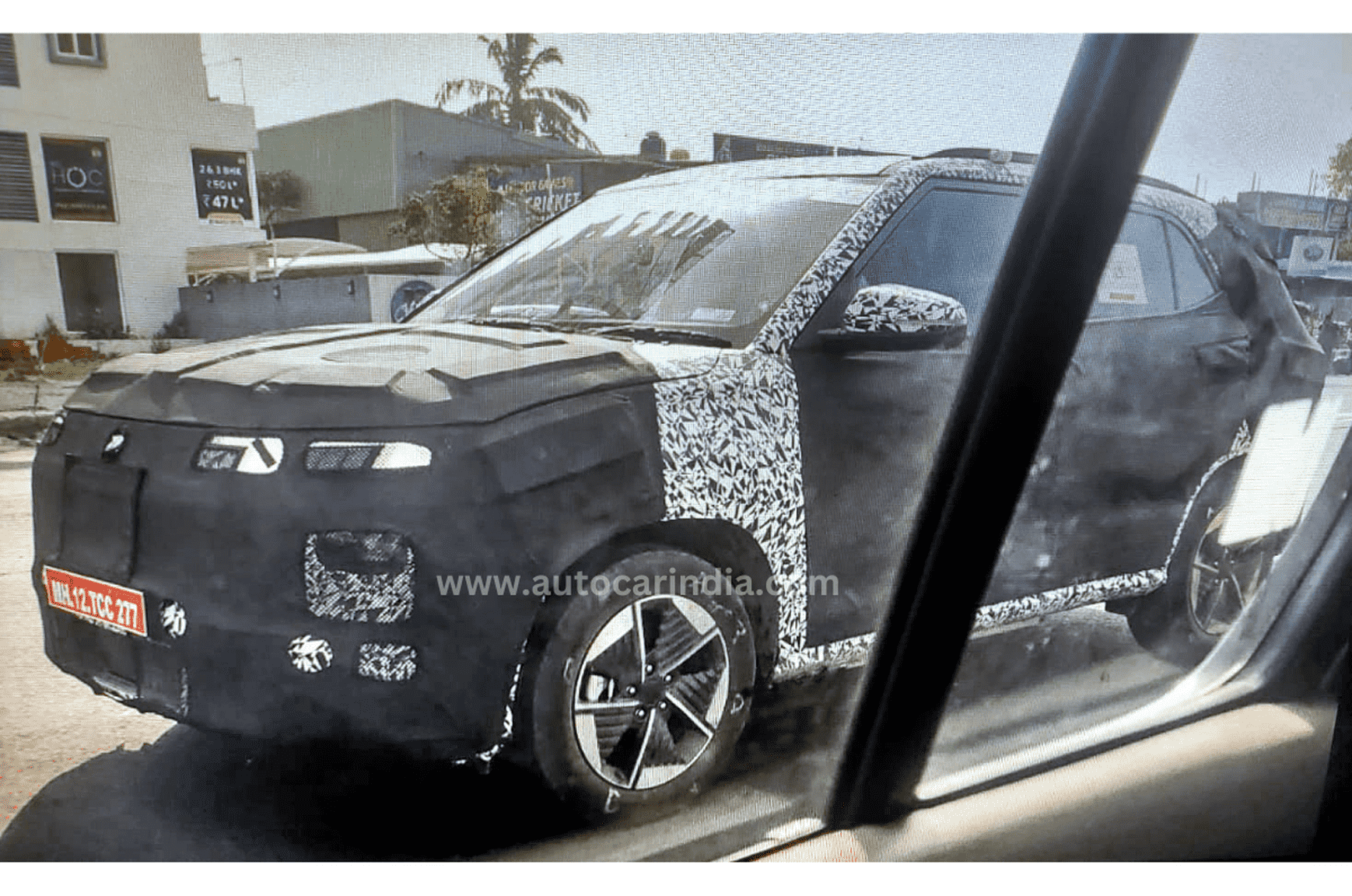
Series production for Hyundai’s first mass-market EV will commence by end of this year.
Hyundai has confirmed that it will introduce the Creta EV in the Indian market in January 2025. At a recent media call, Tarun Garg, CEO, Hyundai Motor India said, “I think we are using all these learnings [from sales of the Ioniq 5 EV] and many more, because as you know, that we are going to launch the first high-volume EV from Hyundai, early January 25.” As we had reported earlier, the Korean brand will commence production of the Creta EV by the end of 2024.
- Creta EV will take on the Curvv EV, ZS EV, Maruti eVX
- Will have some commonality with the Kona Electric
- Will be the first of five mass-market EVs from Hyundai India
Hyundai Creta EV to launch before Maruti eVX
The Creta EV is currently being tested extensively by Hyundai, not just in India but overseas as well. One of three upcoming, crucial mass-market midsize e-SUV launches, the Creta EV will be aimed squarely at the likes of the soon-to-arrive Curvv EV. Maruti’s eVX born-EV midsize SUV, however, will go on sale a little later due to a delay.
To be built at the Hyundai Chennai plant, the Creta EV will most likely by produced on the same production line as the standard Creta. The SUV will have a lot of common bits with the Creta, which will help keep costs in check. However, the Creta EV will have its unique identity and there will be mild styling tweaks.
Hyundai India’s first mass-market EV will share its electric motor with the entry-level version of the new-gen Kona Electric available overseas. This front-mounted motor should produce about 138hp and 255Nm torque. The motor will be powered by a 45kWh battery pack, which is smaller than the MG ZS EV‘s (50.3kWh) and even the upcoming Maruti eVX’s (48-60kWh). The Creta EV will get a front-mounted charging port, like the one seen on the Kona EV.
Hyundai Creta EV: what all will be unique
As we’ve mentioned above, the Creta EV will have subtle styling tweaks over the regular SUV. The grille will be a closed-off unit and the front and rear bumpers will be slightly different. The alloy wheels will have an aero-optmised design and on the inside, it’ll have a different steering wheel and a slightly unique design for the center console. The e-SUV will have the drive selector located on the steering column on the right side, just like the Kona Electric and the Ioniq 5.
According to our sister publication Autocar Professional, the Creta EV will be followed by a mass-market compact EV, which is scheduled for 2026. However, details about the second localised EV are still under wraps. However, Garg went on to say, “So all these learnings [from sales of the Ioniq and Kona Electric] will really help us to make sure that we have a winner product as we go along. And of course, as we introduce more and more EVs in the Indian market. We have already announced five EVs by 2030.”
While the company’s priority is EVs, Hyundai is also exploring the potential introduction of hybrid vehicles in the future.
Also see:
Hyundai Creta vs Honda Elevate comparison video review
Hyundai Ioniq 5 N Time Attack revealed with 687hp
Hyundai Alcazar facelift design further differentiated from Creta
